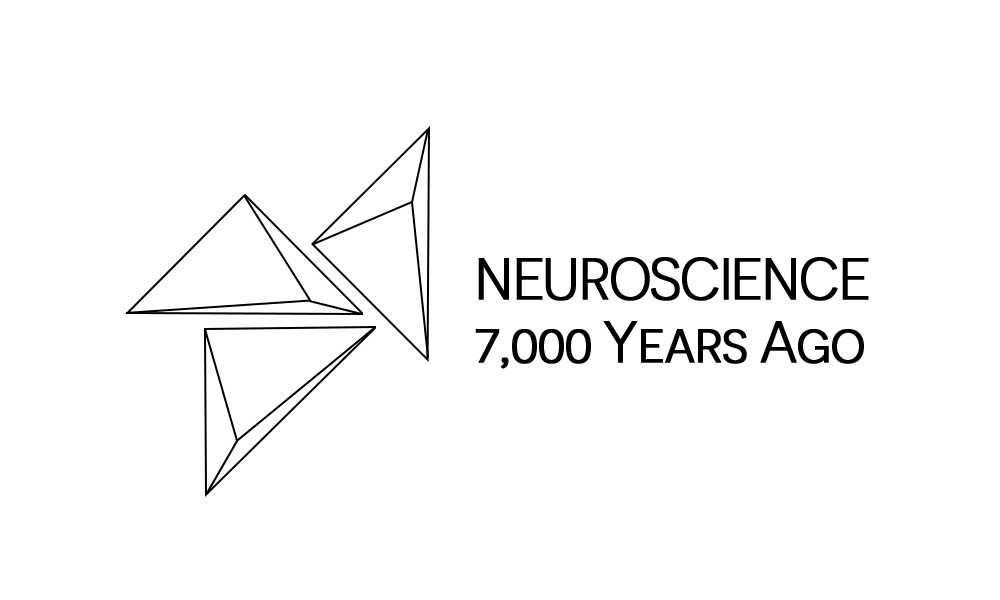Plato and Aristotle Debate
It is sometimes said that Plato attempted to understand the world through pure reasoning, whereas Aristotle was more empirical and willing to observe. While this is far from the truth, it is perhaps
It is sometimes said that Plato attempted to understand the world through pure reasoning, whereas Aristotle was more empirical and willing to observe. While this is far from the truth, it is perhaps
Before the Erasistratus born in 304 B.C. who attempted to deduce the functions of some parts of the brain by comparing these parts across species. He found that deer, hares, and other fast-running
Like the Egyptians and Babylonians, whose medical tradition was based on a combination of traditional magical and religious methods, some philosophers in Greece sought to develop a detailed anatomical understanding of the body.
The document consists of the first part of a textbook on bodily injuries which are described systematically from head to toe. The book consists of a series of case reports of which the
Did Galen have a clue about how the brain actually functions, or did he propose just another fanciful theory? In truth, Galen’s brain anatomy was well ahead of his physiology. His physiology was
Galen idolized Hippocrates, whose words, he declared, were “the voice of a god.” He said that Hippocrates had never written anything untrue and bemoaned the fact that physicians in his own time could
Galen agreed with Aristotle that nothing should be recognized except that which can be experienced through the senses. In his treatise On Medical Experience, which he composed when he was only twenty years
The Babylonians believed that the heart was the place where the mental activity is generated. Therefore, the diseases that nowadays we consider to be cerebral or nervous were imputed to this organ. Some
The Babylonians were remarkable observers and documentalists of human illness and behavior through documenting the patients’ symptoms and signs as they observed it without specific diagnosis or relating those symptoms to a disease.
Cranial surgery without modern anesthesia and antibiotics may sound like a death sentence. But trepanation—the act of drilling, cutting, or scraping a hole in the skull for medical reasons—was practiced for thousands of
